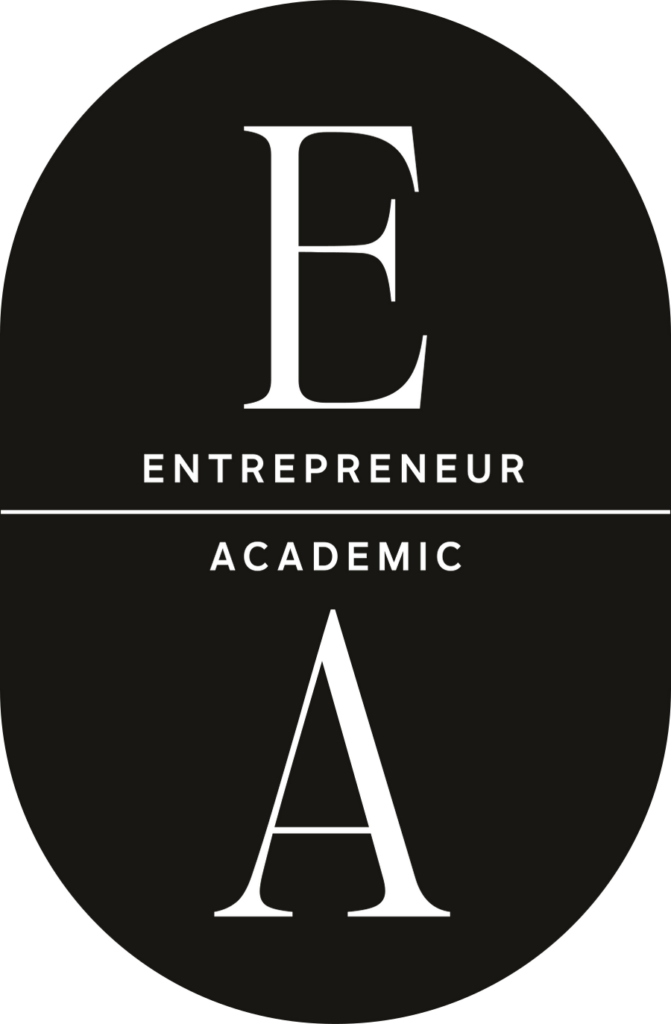What Course Creators Need to Know About Cognitive Load
June 14, 2023
Have you ever felt overwhelmed or mentally exhausted while trying to learn something new? You’re not alone. The concept of cognitive load plays a crucial role in how we process information and retain knowledge. As course creators, it’s essential to understand cognitive load and apply strategies to optimize learning experiences (i.e, strategies that allow you to create bomb.com course curriculum).
Psst- want this ‘lesson’ delivered straight to your Inbox? Sign up for the Entrepreneur, Academic Journal HERE.
Cognitive load refers to the mental effort required to process information and perform tasks. When we encounter new information, our working memory, which has limited capacity, becomes actively engaged in processing and storing that information. Cognitive load theory suggests that our working memory has a limited capacity, and if this capacity is exceeded, it can hinder learning and comprehension.

There are three different TYPES of cognitive load and several strategies to improve cognitive capacity. The three types include:
1 . Intrinsic Cognitive Load: This is the inherent complexity of the learning materials or tasks. Some topics or tasks naturally require more mental effort due to their complexity, abstractness, or unfamiliarity.
2. Extraneous Cognitive Load: This refers to the mental effort imposed by the instructional design itself. Poorly designed learning materials, confusing instructions, or irrelevant information can unnecessarily burden learners’ working memory, leading to cognitive overload.
3. Germane Cognitive Load: This type of cognitive load is beneficial and promotes learning. It involves the mental effort required for meaningful learning and the construction of mental schemas. When learners actively engage with the material, make connections, and apply their knowledge, they create long-lasting understanding.
Luckily for you, there are specific strategies you can pursue to reduce this overwhelm and make life (and learning) easier for your students-
1. Chunking and Organization: Breaking down complex information into smaller, manageable chunks helps reduce cognitive load. Use headings, bullet points, and visuals to organize content and guide learners’ attention. This approach allows learners to process information in meaningful chunks, enhancing comprehension and retention.
2. Prior Knowledge Activation: Activating learners’ prior knowledge before introducing new concepts helps them make connections and integrate new information with their existing mental schemas. This strategy reduces overwhelm by providing a foundation for understanding and building upon prior knowledge.
3. Learning Materials + Design: Be mindful of the use of multimedia elements such as images, videos, and audio. They can enhance learning when used appropriately but can also increase cognitive load if they distract or overwhelm learners. Ensure that multimedia elements align with the learning objectives and support the content (without causing unnecessary cognitive strain).
4. Scaffolded Instruction: Gradually scaffold instruction by providing support, guidance, and feedback helps learners navigate complex tasks or concepts. As learners become more proficient, the level of support can be gradually reduced to encourage independent thinking and problem-solving.
Understanding and managing cognitive load is vital for course creators seeking to create optimal learning experiences. With mindful instructional design techniques, we can empower learners to navigate the learning journey with clarity, engagement, and lasting comprehension. You have the opportunity here to embrace the power of cognitive load and revolutionize the way you design and deliver impactful learning experiences.
Worried that you’re over doing with your own online course? Complete an application today to have a Learning Specialist in your back pocket.

GET the
"ENTREPRENEUR, ACADEMIC Journal"
Get our blog content in the form of a weekly email newsletter giving you the business behind the scenes, along with a potent lesson on learning to make your online course even better.
Leave a Reply Cancel reply
Ready to create something you're
proud to sell?
book your clarity call
1. Fill out my quick and simple application
2. Schedule your complimentary Clarity Call
3. We'll assess fit and discuss next steps
[…] your new learning superhero – it makes comprehension a breeze, boosts your memory powers, and saves you from cognitive overload. When educating on new subjects, mastering tricky concepts, and unlocking your inner genius- some […]